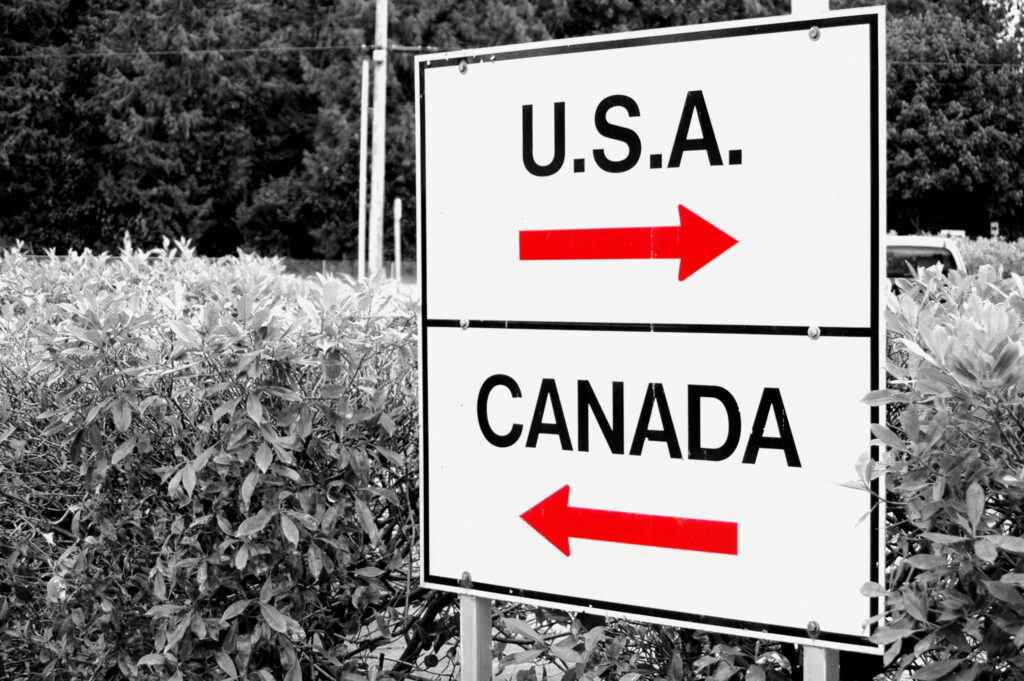CBSA updating ‘legacy’ collection system, to simplify electronic payments
Every year, the Canada Border Services Agency (CBSA) collects $30 billion in duties and taxes on goods imported into the country — trade valued at $750 billion, much of which is transported by truck.
However, the CBSA notes that its 35-year-old collection system is aging, and even describes it as “legacy” in a recent press release. The agency intends to modernize the system by replacing it with Canada Border Services Agency Assessment and Revenue Management (CBSA CARM), which will offer simplified electronic payment methods.
All partners in the supply chain, including trucking companies, are affected by this changeover, which is officially scheduled to come into effect in May 2024. Importers, customs brokers, freight forwarders, bonded warehouse operators, and others involved in importing goods will also have to register and create an account.
Information webinars and awareness-raising activities via industry associations are forthcoming, CBSA adds.

Jacqueline Roby, CBSA spokeswoman, says all measures are being taken to ensure that the rollout is smooth.
“We do not anticipate any processing delays at the border, as [CARM] will not change carriers’ reporting obligations or the processing of cargo and conveyance declarations at ports of entry, regardless of the mode of transport,” she told Transport Routier.
A web page – What traders can do to prepare – has been established to answer questions.
“CBSA’s goal is to continue to improve the border experience by introducing technologies to enhance security and expedite the flow of legitimate trade and border movements,” Roby said.
‘A complex project’
The Canadian Trucking Alliance (CTA) is inviting carriers to familiarize themselves with the new system.
“All entities that conduct business with CBSA will be required to have a CARM account, which includes all trucking companies that cross the border into Canada,” says Lak Shoan, director of policy and industry awareness programs at the CTA.
He adds that a trucking company importing goods for its own use — like shelving for warehouses, or uniforms for drivers — will be considered an importer and will have to comply with the associated reporting procedures.
The same logic would apply to a private fleet transporting inputs to Canada for its parent company to manufacture finished products here, Shoan says.
Fleets can also reach out to customs brokers to ask how CARM might affect their operations, he suggests.
“CARM is a very large undertaking and a complex project, and all trade chain partners continue to have regular meetings and discussions with CBSA.”
Have your say
This is a moderated forum. Comments will no longer be published unless they are accompanied by a first and last name and a verifiable email address. (Today's Trucking will not publish or share the email address.) Profane language and content deemed to be libelous, racist, or threatening in nature will not be published under any circumstances.